#Fortune Magazine
Explore tagged Tumblr posts
Text

It's surprising enough to see black people on the cover of a national magazine in the 1940s, but even more so when the publication is Fortune, aimed at the Wall Street set. But they asked the painter Jacob Lawrence to design them a cover for their October 1946 issue.
Photo: Ashcroft and Moore Auctions
#vintage New York#1940s#Jacob Lawrence#Fortune magazine#vintage magazine covers#vintage magazines#Fortune covers#gold rush
50 notes
·
View notes
Text
All this does is uphold patriarchy. Disgusting. The name says it all.
We need to be more aligned with the 4b movement, not this bullshit.
21 notes
·
View notes
Text
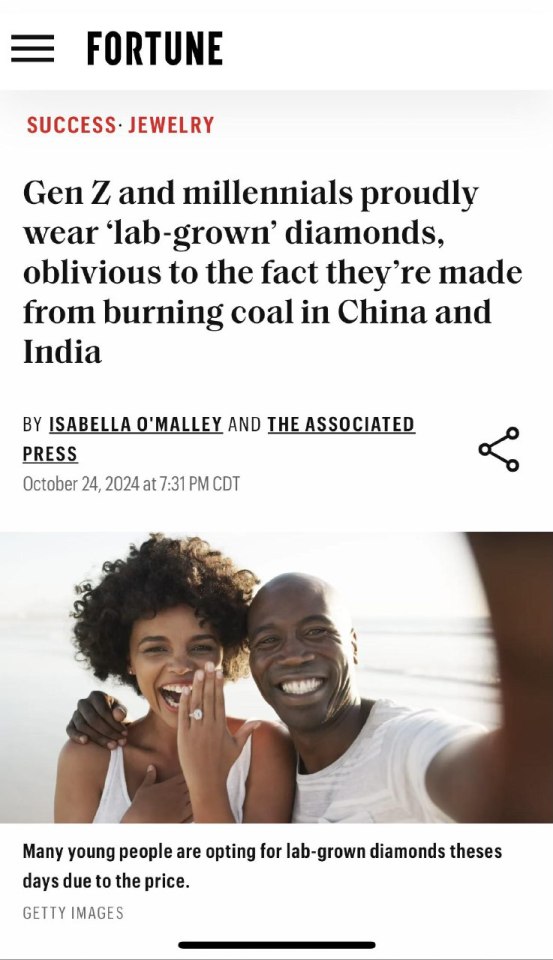
Fortune magazine shaming gen z for not purchasing diamonds mined by children or owned by oligarchs
#fortune magazine#fortune#magazine#shaming#millennials#gen z#gen z culture#gen z humor#gen z shit#genz#generation z#blooddiamond#blood diamond#diamond#diamonds#coal#china#india#class war#ausgov#politas#auspol#tasgov#taspol#australia#fuck neoliberals#neoliberal capitalism#anthony albanese#albanese government#extortion
13 notes
·
View notes
Text

Ben Shahn, Oak Ridge Atom Workers, for Fortune magazine, 1946
57 notes
·
View notes
Text


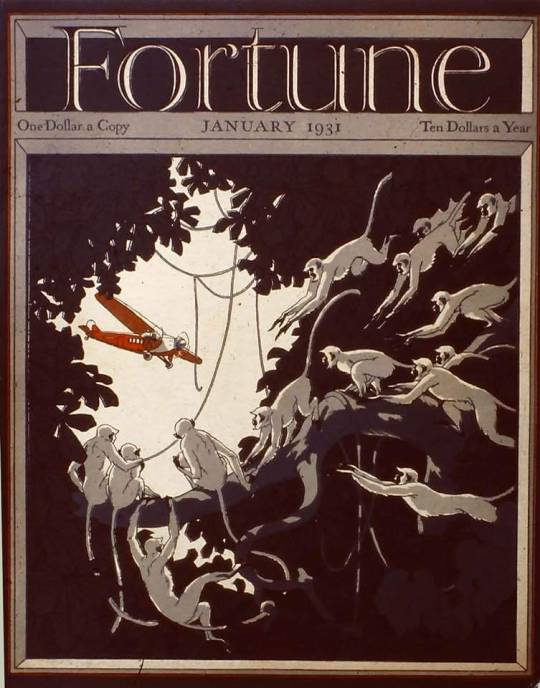

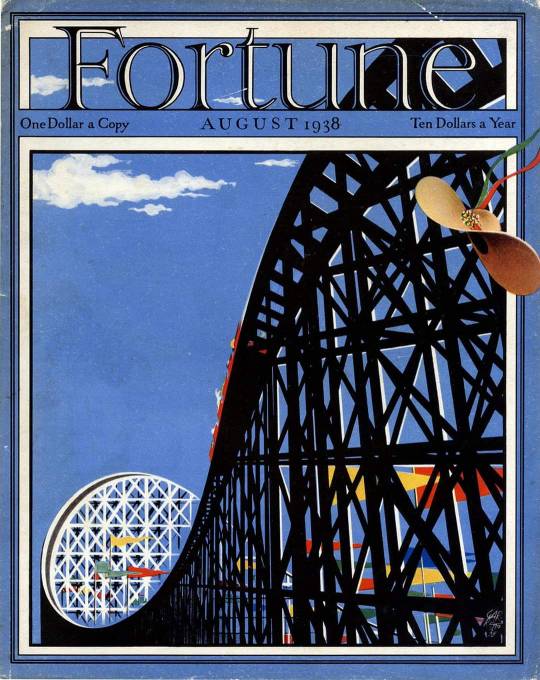
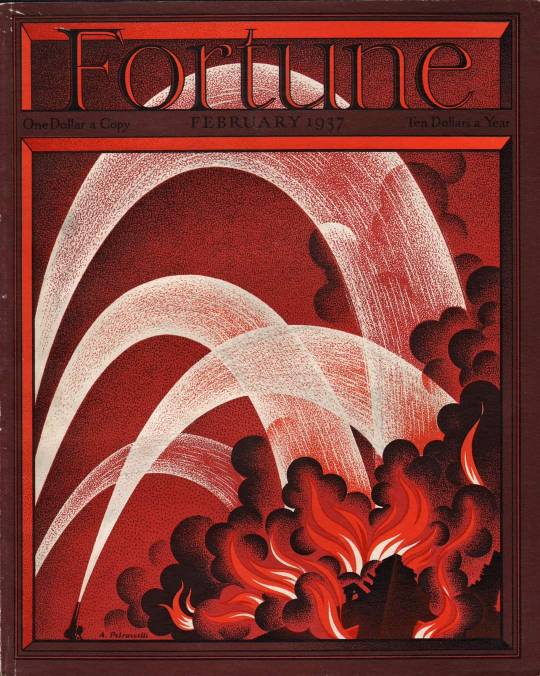

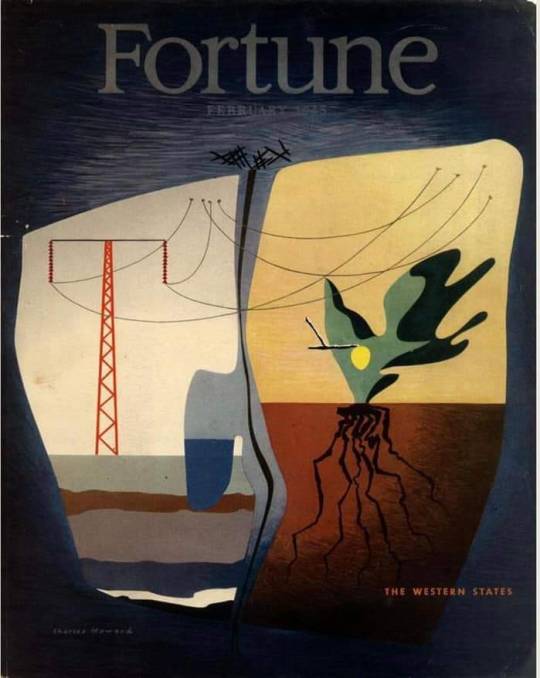


Fortune Magazine Covers
8 notes
·
View notes
Text

Kim Kardashian Photographed For The Fortune Magazine
19 notes
·
View notes
Text
Karlie Kloss may be a New Yorker now, but she remains very conscious of her Missouri roots—connecting it to everything from what she knows about nutrition to why she’s passionate about preserving abortion access.
“I grew up in the middle of Missouri,” the 31-year-old Kloss, a model, activist, entrepreneur, and parent of two with husband Joshua Kushner, tells Fortune. “And I think I only ate packaged, processed food pretty much my entire life, until moving to New York, and then slowly being introduced to, like, a green juice.”
So while she just signed on to a new campaign for Thorne supplements, something she’s “proud” and “excited” to be a part of, she says that “this campaign is about finding your own way to wellness,” and that’s something she can relate to.
As a young adult, Kloss says, “I feel like I really had to relearn how to properly eat food.” She eventually came to understand that while her job may often rely on how she looks, “I feel like a different person when I am taking care of myself from the inside out.”
That includes taking a daily B complex supplement for energy (“instead of needing to get a vitamin drip,” she says) as well as Thorne’s Memoractiv, a blend of ashwagandha and ginkgo for focus and energy. “I’m pretty religious about remembering to take my vitamins,” she says.
Also in her wellness routine: running, Pilates, and virtual workouts with Madison Rose; and eating “whole foods, lean protein, a ton of vegetables, and trying to remember to drink as much water as I can.” (But, she adds, she loves pasta and has a sweet tooth, explaining, “I kind of eat, like, full-spectrum.”)
Kloss says it’s taken her a while to find herself, and to find work—as well as issues to align herself with—that have true meaning.
“I’ve been working since I’m 15 years old. I grew up in the Midwest and had this Cinderella-like story of kind of an overnight success in fashion. I just chased this crazy career, and continued to ride the wave of where it took me, and I am really grateful for that,” she says, reflecting on her profession as a cover girl and runway model, including as a Victoria’s Secret Angel from 2013 to 2015.
She stepped down from that to attend New York University and chase other pursuits, later telling British Vogue, “I didn’t feel it was an image that was truly reflective of who I am and the kind of message I want to send to young women around the world about what it means to be beautiful.”
Now, she tells Fortune, “There’s a lot of things that I really had to grow into—like just who my authentic self was, to be honest. I think being a model at such a young age, I was a blank canvas for other people to kind of project their ideas onto … I loved being that chameleon. But I think a real turning point for me was wanting to just more authentically be who I am in all facets of my life.”
That journey is still ongoing, she says, particularly in the work she’s done with Kode With Klossy, offering tech-learning opportunities for teen girls, and with Gateway Coalition, which she founded as a way to help direct resources to midwest doctors and clinics providing reproductive healthcare including abortion.
“I feel so grateful for the opportunity through my career as a model—and for social media, which developed along the way—to give me a platform … just on my own accord, and to have a voice for people, especially young women,” she says.
That’s especially true when it comes to Kloss’s abortion-access advocacy work. “Abortion is part of reproductive health care and is a basic human right, in my personal opinion. I do not believe it should be politicized. It is a deeply personal decision and choice that any one should have the right to make for themselves. That is my belief.”
This is where Missouri comes into the picture again for Kloss, who notes that it “is a state that, six minutes after Roe was overturned, had a trigger law that went into effect—and so all my friends and family back home in Missouri were immediately affected.”
It’s what “really set me on a path of understanding what that meant for someone seeking care and the hoops they would have to jump through.” And it sparked her realization about “the frontline upholding access to abortion care or pap smears or breast cancer screenings—like, there’s an enormous amount of care that’s provided at these clinics beyond and besides just abortion. So when you limit access to that local community care, there are actually so many other implications.”
Of course much of her focus now is on parenting her two kids, Levi Joseph, 3, and Elijah Jude, 1, and on honoring her shifting priorities and perspectives.
“Not now that I have kids, and I know how picky I was, I’m sure my parents really tried to get us to eat proper food,” she reflects. “And as a mother, I really want to instill healthy habits,” she adds, suggesting she’s well on her way there with her younger one, who devours “every fruit and vegetable you put in front of him.”
3 notes
·
View notes
Text

This collection of impressive photos captures the street scenes and everyday life of Los Angeles in the 1930s.
Most of the pictures were taken by Ansel Adams who was commissioned to document the city’s industry as the country was shoring up its air power.
Many of his photographs focused on the lunchtime rituals of factory workers, along with everyday street scenes he encountered as he ambled about the rapidly developing region.
Adams visited a bowling alley, a forest of oil derricks, and a trailer park, one of many that popped up to meet a fierce demand among the workers for temporary housing.
But only a handful of Adams’ images were published by Fortune magazine.
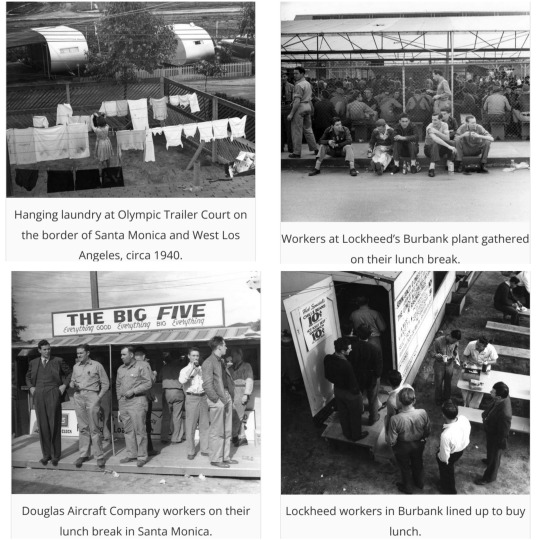
Historian Carey McWilliams wrote that Los Angeles’s growth is “one continuous boom punctuated at intervals by major explosions.”
By 1920, southern California’s population had surpassed that of northern California, and in the next several years, Los Angeles experienced “the largest internal migration in the history of the American people.”
Hundreds of thousands of people arrived by automobile.
It was a frenzied period of wildcat oil drilling, intense business speculation, religious excitement, extensive suburban development, the birth of the aircraft and film industries, and civic corruption.
The charismatic Pentecostal minister Aimee Semple McPherson captivated audiences with her dramatic preaching.
Droves of starry-eyed young people arrived hoping to follow in the footsteps of such movie actors as Mary Pickford, “America’s Sweetheart,” and her daredevil husband, Douglas Fairbanks.
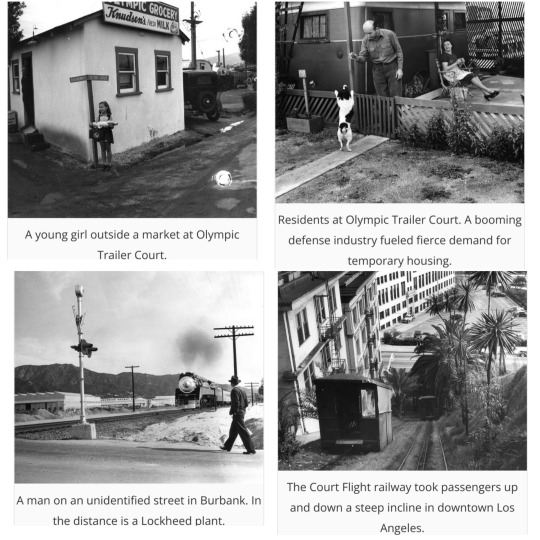
Los Angeles was very much a white-dominated town in the 1930s.
Housing and public facilities were segregated, and job discrimination was widespread.
The Great Depression caused high unemployment in the region and exhausted the resources of private and public assistance.
To slash welfare lists, public officials repatriated thousands of Mexicans—and their U.S-born children.
Amid this dire situation, Los Angeles built facilities for and hosted the 1932 Olympic Summer Games as planned.
The city’s remoteness from Europe and from much of the rest of the world contributed to reduced international participation.
Nevertheless, the Games were a great success and showcased Los Angeles to the world.
Meanwhile, the corruption in City Hall led to a recall movement against Mayor Frank L. Shaw and his close associates.
Police misconduct and the mayor’s mishandling of public funds forced Shaw from office and led to the election of reform mayor Fletcher Bowron in 1938.
Economic recovery was relatively swift in the late 1930s, owing to the prosperity of the film industry, the tapping of electrical energy from Hoover Dam, and the production of airplanes for Britain and France at the outset of World War II.



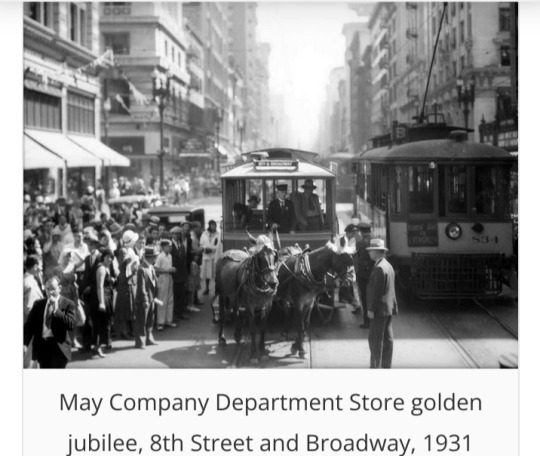

(Photo credit: Ansel Adams / Los Angeles Public Library, via The California Sun / Library of Congress / Wikimedia Commons / Flicr / Pinterest)
Updated on: January 13, 2023
#Los Angeles#1930s#20th century#vintage photos#Ansel Adams#Carey McWilliams#Fortune Magazine#1932 Olympic Summer Games
21 notes
·
View notes
Text





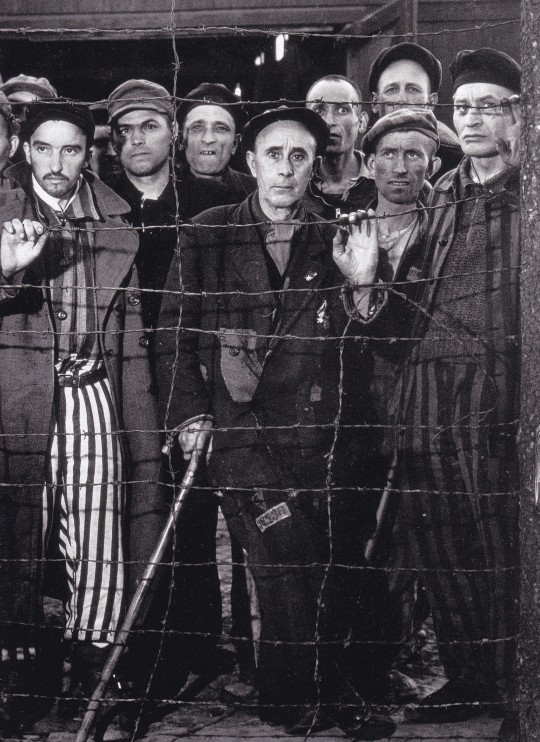
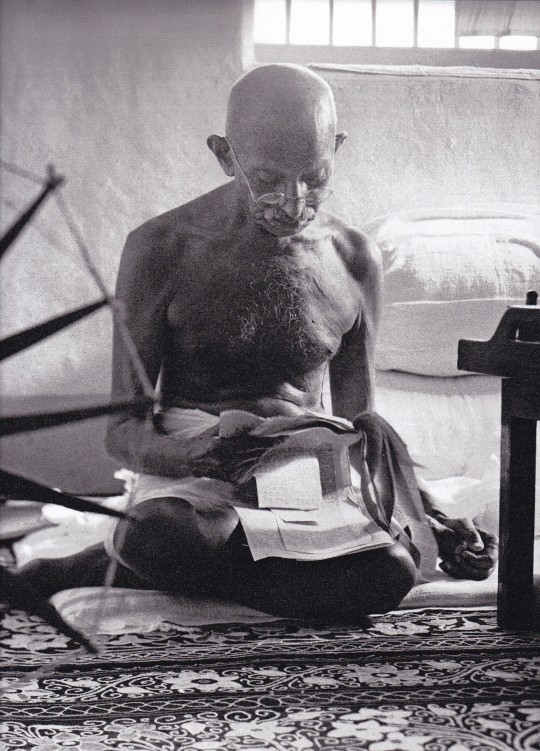
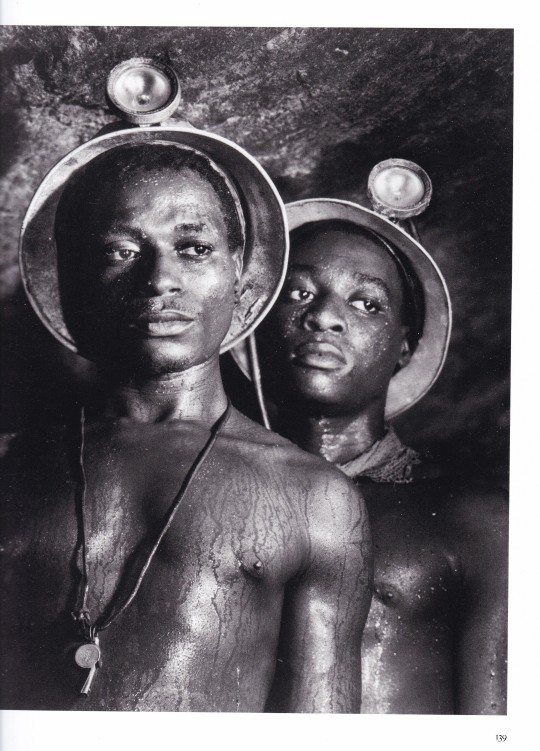


Prima, donna Margaret Bourke-White
a cura di Alessandra Mauro con un testo di Concita De Gregorio
ContrastoBooks, Roma 2020, 184 pagine, 124 fotografie, 24 x 30 cm, cartonato, ISBN 9788869658075
euro 35,00
email if you want to buy [email protected]
Prima, donna. Margaret Bourke-White, il volume che ripercorre le vicende e il lavoro di una delle figure più rappresentative ed emblematiche del fotogiornalismo internazionale. Una donna che, con le sue immagini, le sue parole e tutta la sua vita, è stata in grado di creare un personaggio forte e invidiabile costruendo il mito attraente di se stessa.
Pioniera dell’informazione e dell’immagine, Margaret Bourke-White ha esplorato ogni aspetto della fotografia: dalle prime immagini dedicate al mondo dell’industria e ai progetti corporate, fino ai grandi reportage per le testate più importanti come Fortune e Life; dalle cronache visive del secondo conflitto mondiale, ai celebri ritratti di Stalin prima e poi di Gandhi (conosciuto durante il reportage sulla nascita della nuova India e ritratto poco prima della sua morte); dal Sud Africa dell’apartheid, all’America dei conflitti razziali fino al brivido delle visioni aeree del continente americano. E a un certo punto sarà Margaret Bourke-White stessa che accetta di porsi davanti e non dietro all’obiettivo, diventando a sua volta il soggetto di un reportage in cui il collega Alfred Eisenstadt documenta la lotta della fotografa contro il morbo di Parkinson, malattia che la porterà alla morte. Una battaglia in cui non avrà paura di mostrarsi debole e invecchiata, nonostante un’eleganza e un buon gusto a cui non rinuncerà mai, confermandosi ancora una volta la prima in tutto.
“Se ti trovi a trecento metri di altezza, fingi che siano solo tre, rilassati e lavora con calma”, era il motto di Margaret Bourke-White. Il libro pubblicato da Contrasto ne ripercorre i molti primati, raccontati lungo un doppio binario. Attraverso undici capitoli, che corrispondono ad altrettante fasi della vita della fotografa, la potenza delle immagini si accosta a quella della forte voce di Margaret Bourke-White. È infatti lei che, in prima persona, scrive e racconta il suo lavoro, le avventure vissute, le sfide vinte. Una scrittura visiva, che completa e arricchisce la storia di ogni sua memorabile fotografia.
13/06/23
orders to: [email protected]
ordini a: [email protected]
twitter:@fashionbooksmi
instagram: fashionbooksmilano
designbooksmilano
tumblr: fashionbooksmilano
designbooksmilano
#Margaret Bourke-White#photography books#fotogiornalismo#Life#Fortune Magazine#Gandhi#Stalin#fashionbooksmilano
16 notes
·
View notes
Video
1933 3 March cover by Ernest Hamlin Baker [r] by James Vaughan
0 notes
Text

A Fortune magazine cover from 1938 by Antonio Petruccelli.
Photo: 1st Dibs
#vintage New York#1930s#Antonio Petruccelli#Fortune magazine#magazine cover#vintage NYC#vintage magazine#NY at night
26 notes
·
View notes
Text
First they frame polywork as "professionals ... taking matters into their own hands" then they call Gen Z "the generation most likely to be guilty of polyworking" (emphasis mine).
It's just bizarre reading this because the research clearly shows that this is not good, it is not a win for workers, it is in fact doing a lot of harm. But the author wants to frame it as good, the polyworkers just need to try harder.
"Although more financial freedom and the chance to have multiple creative outlets should spell increased happiness for polyworkers, the research shows that’s not necessarily the case." (emphasis mine)
The research: they literally don't want to be doing this. This is bad, we need to fix it for workers' wellbeing, we can't expect half of workers to just live like this.
And instead of wrestling with any of that, the author laments how polyworkers' struggles make things harder for managers and that's the real problem.

New fresh, fun and funky capitalist buzzword out now. I hope you all love ‘polyworking’ in order to pay your bills👍
2K notes
·
View notes
Text
Patrick James Miller Fortune
Patrick James Miller photographed global investment firm KKR’s co-CEOs for the new cover of Fortune magazine. Patrick captured stills and video of Joe Bae and Scott Nuttall at their Hudson Yards office in New York City for Fortune’s first motion cover as they announce their ambitious goals in the feature, “KKR’s $1 Trillion Gamble,” written by Shawn Tully. The article also includes photographs Patrick took of KKR’s former co-CEOs for the magazine over a decade ago.
Director of Photography: Mia Diehl Photo Editor: Michele Taylor Photo Assistants: Michael Oliver, Ben Berkes
See more from Patrick James Miller’s shoot for Fortune here and explore his Business portfolio here.
#saintlucyreps#saint lucy represents#fortune magazine#Fortune#Patrick James Miller#KKR#portrait photography#people photography#cover shoot#digital cover#CEO#motion capture
0 notes
Text

Robert Gwathmey, Mr. Wyatt's Shortage, for Fortune magazine, 1946
8 notes
·
View notes
Text
Hey Jamie - {S}Laughter is the Best Medicine
Serious question here. When can we finally put the rich who are destroying this country and this planet and humanity to the torch? When can we tar and feather them? When can we do the old classic of hooking chains to their limbs and then having four guys on horseback run in separate directions and rip their limbs out? I’m not talking about the limp-wristed cowards in Washington. They are a…

View On WordPress
#America#American Dream#Corpos#Eat the Rich#Fortune Magazine#Jamie Dimon#Kill the Rich#Leftist#Politics
0 notes
Text

Kim Kardashian Photographed For The Fortune Magazine
7 notes
·
View notes
![1933 3 March cover by Ernest Hamlin Baker [r]](https://live.staticflickr.com/65535/54053014437_b0a733fc1b_b.jpg)